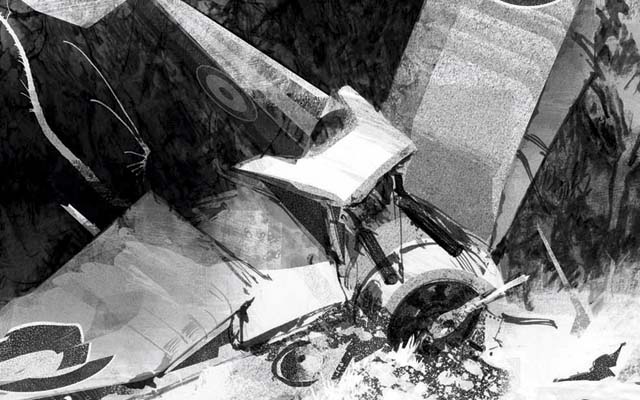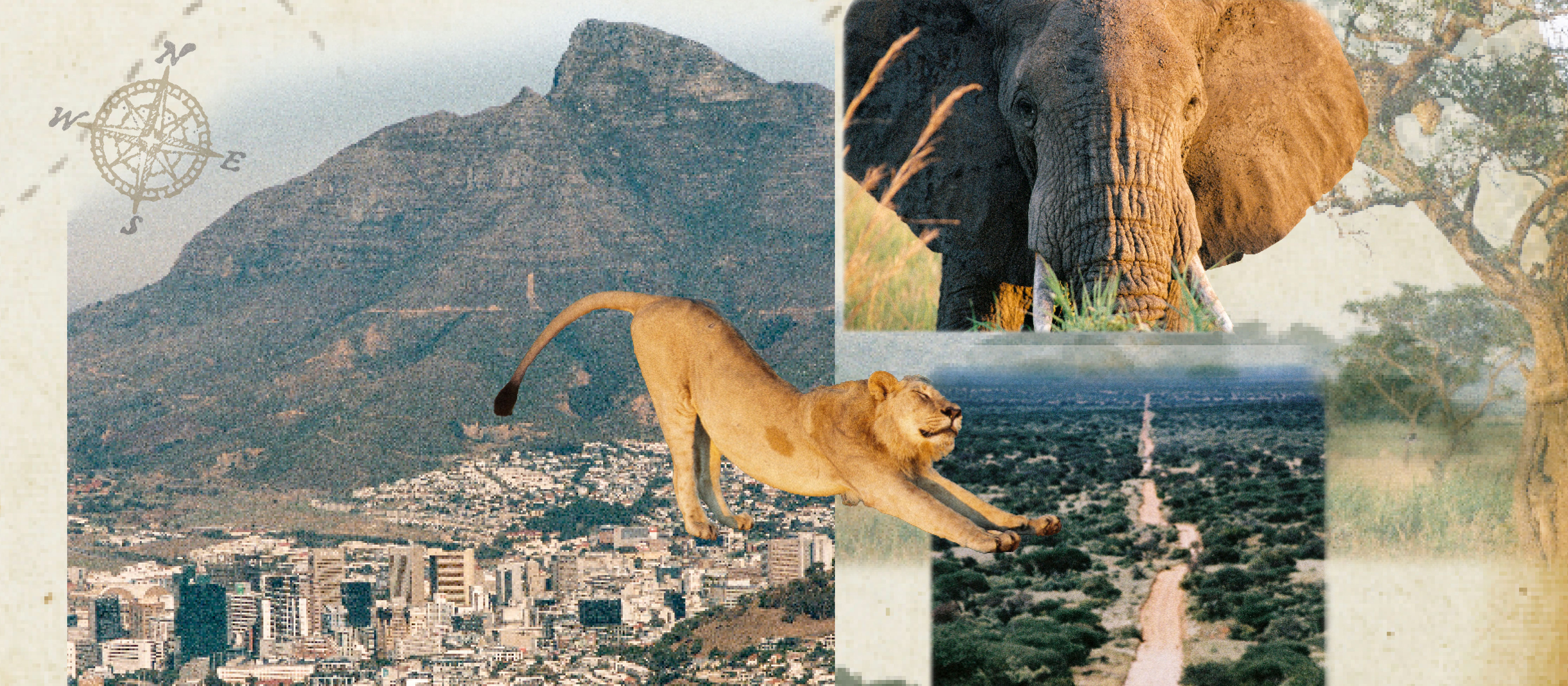Book reviews: WW1 anthologies
Country Life reviews three First World War anthologies.

Only Remembered Ed Michael Morpurgo (Jonathan Cape, £14.99 *£12.99)
A Broken World Ed Sebastian Faulks and Dr Hope Wolf (Hutchinson, £20 *£16)
The Great War (Walker Books, £12.99 *£11.69)
So many mighty books have been published about the First World War over the past year that readers may find it a relief to open an anthology in which the approach is that of the snapshot more than the epic. Sebastian Faulks and Dr Hope Wolf have quarried the almost bottomless resources of the Imperial War Museums and elsewhere to present A Broken World. Surely, no war before or since has offered so much material to choose from? The size of the paper record matches the vast scale of the conflict.
In the course of the 20th century, documents were archived. It was a generation that wrote letters and kept diaries. Not everyone was eloquent, but an astonishing number of ordinary people seem to have had a gift for expression. Their unpolished but startlingly vivid accounts of what they’d seen or done may, indeed, be all the better for their lack of literary education. Oh dear, it makes one embarrassed for the texts and emails that constitute today’s written communication.
For the anthologist, the sheer quantity of material from 1914–18 must be daunting although the immensity of the conflict and the quality of the documents mean that 100 anthologies could be produced without repetition. Mr Faulks applies the eye of a novelist to the choice, so that telling details leap out and episodes have the narrative power of short stories.
A munitions worker, one of a ‘bevy of beauties’, finds that her whole body turns yellow and her hair blonde as a result of handling explosives. A rifleman, writing to his wife about sardines, pickles and other items to send out, concludes ‘I am just as able to look after myself as the other chaps’ a few hours before he is killed.
Sign up for the Country Life Newsletter
Exquisite houses, the beauty of Nature, and how to get the most from your life, straight to your inbox.
An old Suffolk farmworker reminisces to Ronald Blythe about the rush to sign up in 1914: ‘We were all damned glad to have got off the farms.’ A note that was added to a letter written by a ‘Coolgardie Boy’ from a hospital bed in France reads: ‘The influenza that Leslie caught was in fact he had his leg blown off in the trenches.’Virginia Woolf, walking in the South Downs, compares the distant sound of the guns to the ‘beating of gigantic carpets by gigantic women’ far away.
Compelling though that image is, I find it less immediate than a letter written by Havildar Abdul Rahman, a Punjabi Muhammadan, to a friend in Baluchistan. ‘For God’s sake don’t come, don’t come, don’t come to this war in Europe… and tell my brother Muhammad Yakub Khan for God sake not to enlist.’ As Pay Havildar in the 59th Scinde Rifles, he was able to express himself more freely than others in his battalion. ‘Those who have escaped so far are like the few grains left uncooked in a pot,’ he continues. ‘In my company there are only 10 men.’
Michael Morpurgo has edited a collection of pieces chosen by famous names, his own included. Many are familiar, but there are occasional surprises.
Sir Nicholas Hytner, Director of the National Theatre, chooses a wicked piece by Proust; The Duchess of Cornwall selects Carol Ann Duffy’s The Christmas Truce; Dame Evelyn Glennie writes about the percussion instruments used during the First World War, particularly (always considered a percussion instrument) the whistle. Half the royalties will go to service charities.
Mr Morpurgo appears again in The Great War: Stories inspired by Objects from the First World War, 1914–1918. These are modern short stories, offering an imaginative response to the horrors of a century ago. I enjoyed Tracy Chevalier’s When they were Needed Most, but would it have been possible for an elderly couple to have called their hens after Snow White’s seven dwarfs in 1914, when they only emerged as Doc, Grumpy, Happy, Sleepy, Bashful, Sneezy and Dopey in the Disney film of 1937?
This article was originally published in Country Life October 1, 2014
* Follow Clive Aslet on Twitter
-
 Vertigo at Victoria Falls, a sunset surrounded by lions and swimming in the Nile: A journey from Cape Town to Cairo
Vertigo at Victoria Falls, a sunset surrounded by lions and swimming in the Nile: A journey from Cape Town to CairoWhy do we travel and who inspires us to do so? Chris Wallace went in search of answers on his own epic journey the length of Africa.
By Christopher Wallace
-
 A gorgeous Scottish cottage with contemporary interiors on the bonny banks of the River Tay
A gorgeous Scottish cottage with contemporary interiors on the bonny banks of the River TayCarnliath on the edge of Strathtay is a delightful family home set in sensational scenery.
By James Fisher